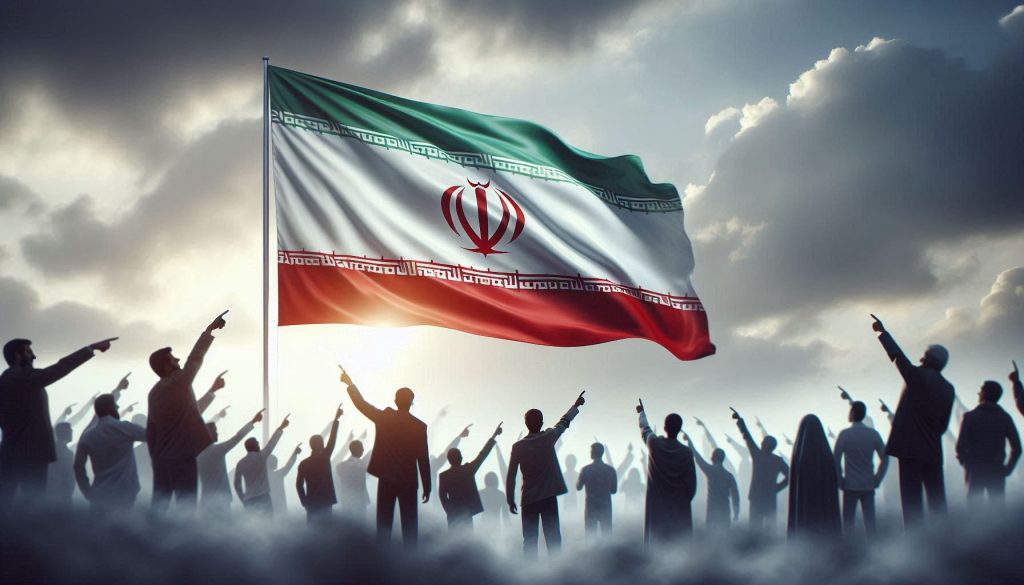June 27, 2025 – Tehran/Washington – Iran’s foreign ministry has publicly acknowledged for the first time that its principal nuclear sites—Natanz, Fordow, and Isfahan—suffered “serious” or “bad” damage from U.S.-and Israeli-led airstrikes, marking a departure from earlier statements minimizing the impact of the attacks.
What Iran Admitted
- Foreign Ministry spokesperson Esmail Baghaei told Al Jazeera, “Our nuclear installations have been badly damaged, that’s for sure” washingtonpost.com+13timesofisrael.com+13nypost.com+13whitehouse.gov+11whitehouse.gov+11nypost.com+11.
- Similar admissions came from Foreign Minister Abbas Araghchi, who framed the damage as “serious” and said Iranian experts were now assessing the full impact washingtonpost.com+2timesofisrael.com+2youtube.com+2.
What Sparked the Admission
- On June 22, under Operation Midnight Hammer, the U.S. launched coordinated strikes using B‑2 stealth bombers with 30,000‑lb bunker-buster bombs targeting Fordow, Natanz, and Isfahan whitehouse.gov+9en.wikipedia.org+9washingtonpost.com+9.
- The White House and Pentagon describe the strikes as delivering “extremely severe damage” to all three sites, potentially delaying Iran’s nuclear program by years timesofisrael.com+11en.wikipedia.org+11whitehouse.gov+11.
- The Israel Atomic Energy Commission assessed that Fordow is now “inoperable,” and other sites were “devastated” theguardian.com+9timesofisrael.com+9nypost.com+9.

Conflicting Assessments
- A leaked U.S. intelligence assessment reportedly contradicted top-tier government messaging, estimating that the damage may delay Iran’s program by “only a few months, tops” en.wikipedia.org.
- IAEA chief Rafael Grossi confirmed “enormous damage,” especially to sensitive underground centrifuges theaustralian.com.au+15en.wikipedia.org+15timesofisrael.com+15.
- Israeli military sources affirmed that while some centrifuges may have been preemptively moved, 1946-year setbacks were possible if reconstruction is not heavily impeded timesofisrael.com.
Broader Strategic & Diplomatic Fallout
- Iran’s Supreme Leader Ayatollah Khamenei denied exaggeration of the damage and warned that further strikes would invite retaliation theaustralian.com.au.
- Domestically, Tehran has suspended cooperation with the IAEA and is pursuing compensation from the U.S. and Israel.
- Globally, tensions have ramped up: Iran launched missiles at U.S. bases in Qatar in response, while international bodies—including the UN, EU, China, and Russia—call for urgent de-escalation.
Final Word
Iran’s frank admission of “badly” damaged nuclear facilities marks a turning point. How well Tehran can repair and resume critical operations—and how swiftly the West’s damage assessments hold up—will shape the next chapter of tension in the Middle East. The global spotlight now shifts to IAEA inspections, Tehran’s diplomatic moves, and whether Iran can enact revenge or if cooler heads—especially in Tehran and Washington—prevail.

